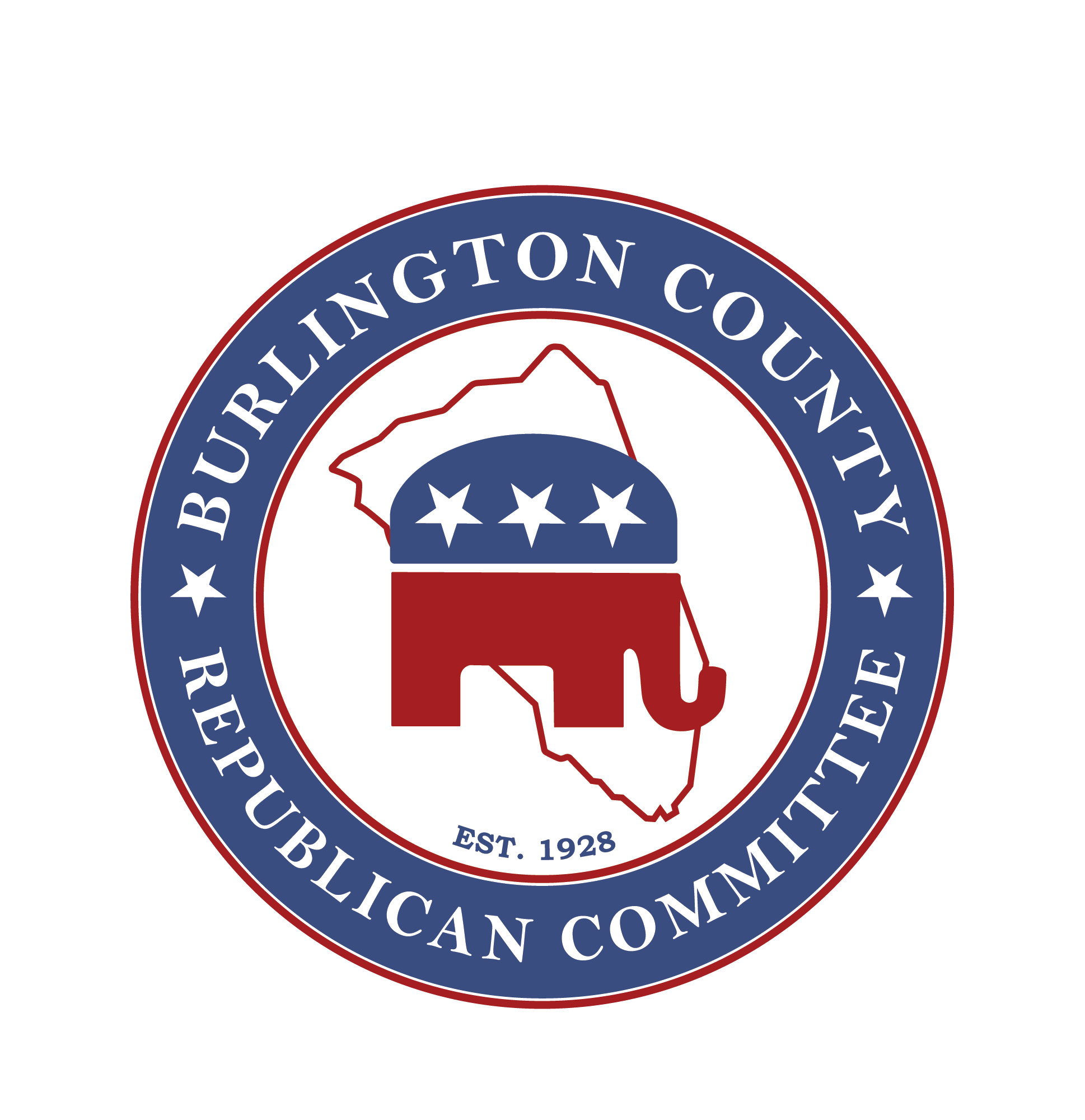Despite reservations, freeholders adopt $184.2 budget
By Steven Hart Staff Writer, Burlington County Times | Posted: Thursday, July 11, 2013 5:00 am
MOUNT HOLLY — The $184.2 million county budget for 2013 was adopted unanimously Wednesday by the Burlington County Freeholders, though not without criticism from two board members.
The budget, including the controversial cut in the voter-approved open space tax rate, holds the overall county tax rate to 40.7 cents per $100 of equalized valuation — the same as in 2012 — and reduces the overall levy, or amount to be raised by taxation.
Freeholder Director Joseph Donnelly said that with property valuations still falling as costs rise, it made sense to cut the open-space tax for 2013 to 1.5 cents, down from 4 cents in 2012.
“There are still people in the county who are hurting,” Donnelly said. “The tax will tick back up over time.
The board has been committed and will remain committed to the preservation of open space and farmland in Burlington County.”
Freeholder Leah Arter praised the budget as “a solid approach to budgeting and tax reduction.”
“None of the programs the county needs are going away and nobody is being laid off,” Arter said. “We are not going to collect taxes that we do not need.”
Freeholders Joanne Schwartz and Aimee Belgard, the two Democrats on the majority-GOP board, said they supported the budget despite misgivings about the open space tax and the way the budget was drawn up.
“This budget was put together in back-room deals,” Schwartz said.
“The budget could have been a lot better if Aimee and I had been part of the discussion. We were cut out of the process.”
“Perhaps if we had worked together as a board, we could have avoided some of the cuts,” Belgard added.
When the county budget proposal was introduced last month, some 30 environmentalists, farmers and concerned county residents pleaded to keep the open space tax intact, claiming the county still had much work to do.
The Republican majority voted 3-2 in favor of the reduction, saying that with a $48 million surplus all programs could continue without interruption.
